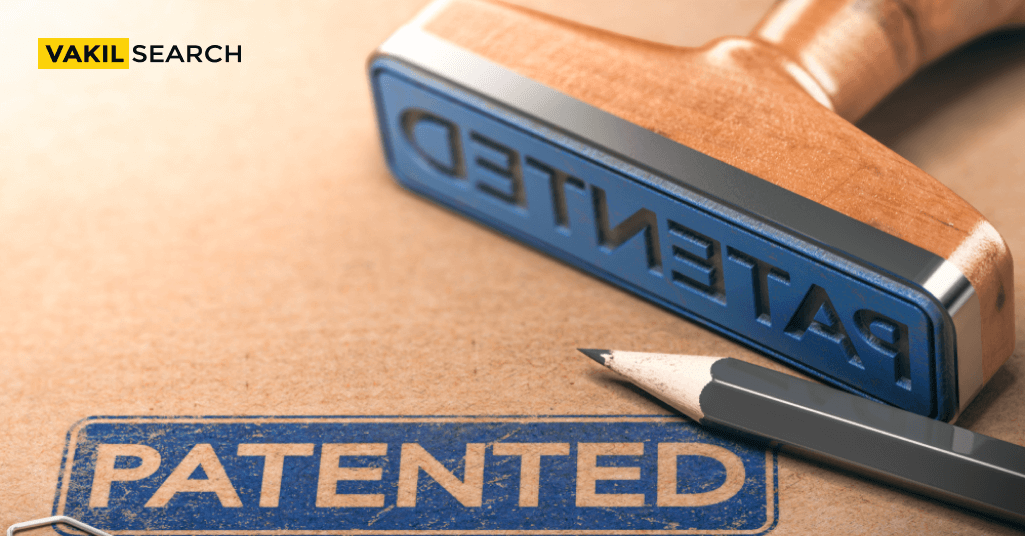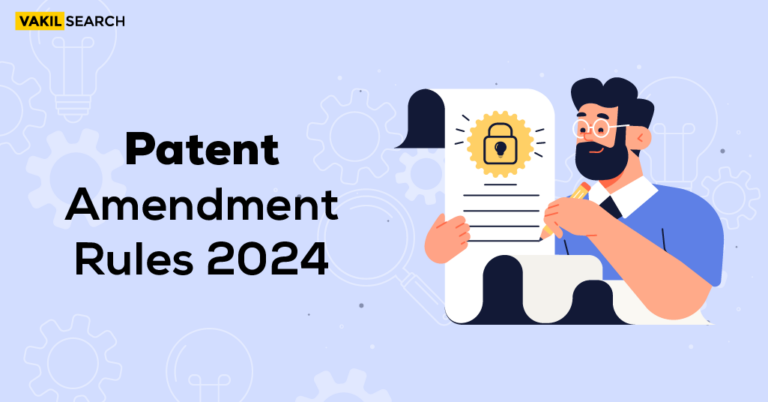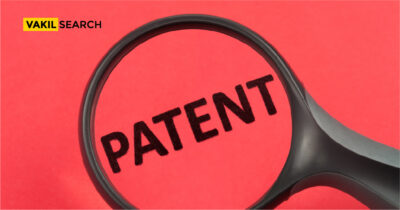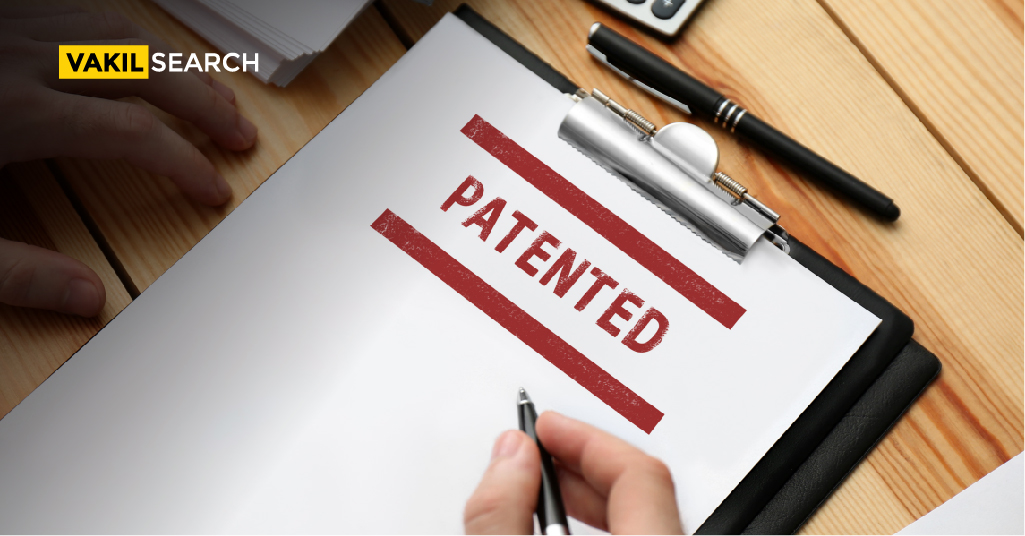A patent for drones in India provides legal protection and exclusive rights to the inventor for their drone invention. The process of obtaining a patent in India can be complex and time-consuming, but it can also provide several benefits, including a competitive advantage, encouragement of innovation, and commercialisation opportunities. In order to obtain a patent for a drone in India, the inventor must fulfil certain requirements, including a novel and non-obvious invention, and a thorough and complete disclosure of the invention.
Overview on Patent for Drones in India
A patent for a drone in India is a legal protection that grants the inventor exclusive rights to use and sell their drone invention for a specified period of time. In order to obtain a patent for a drone in India, the inventor must demonstrate that their drone invention is novel, non-obvious, and useful.
The process of obtaining a patent for a drone in India can be complex and time-consuming, requiring significant resources and legal expertise. It typically involves preparing a patent application, conducting a prior art search, and responding to any objections raised by the patent office.
What are Drones Famous for?
Drones are most commonly known for their use in aerial photography and videography, delivering packages, and performing military and intelligence operations. However, they are also used in a wide range of industries, including agriculture, construction, energy, and environmental monitoring.
Drones have become increasingly popular due to their ability to provide aerial views and gather data in a cost-effective and efficient manner. Their popularity has also led to significant advancements in drone technology, making them more accessible and versatile for a wide range of applications.
In addition to their practical applications, drones are also popular for their recreational use, with many people using drones for hobbyist photography, racing, and other activities. Overall, drones have become versatile tool with numerous applications and continue to be an exciting and rapidly-evolving technology.
Why Obtain Patents on Drones?
There are several reasons why inventors and companies might choose to obtain patents on drones:
Legal protection: A patent provides the inventor with exclusive rights to use and sell their drone invention for a specified period of time, which helps protect their interests and prevent others from infringing on their invention.
Competitive advantage: Obtaining a patent for a drone can give the inventor a competitive advantage by giving them the right to prevent others from using or selling similar drones.
Encouragement of innovation: The patent system is designed to encourage innovation by granting inventors exclusive rights to their inventions. Obtaining a patent on a drone can encourage investment and further development in the drone industry.
Commercialisation: A patent can help the inventor commercialize their drone invention by giving them the right to license or sell their invention.
Recognition: Obtaining a patent for a drone can provide the inventor with recognition and validation for their invention.
However, it’s important to note that the patent process can be complex and time-consuming, and obtaining a patent does not guarantee commercial success for the inventor. Additionally, the rules and regulations surrounding drone patents are subject to change, and it’s important to stay informed about any updates or changes in the law.
Disadvantages of Patent for Drones
There are several disadvantages to obtaining a patent for a drone, including:
Cost: The process of obtaining a patent can be expensive and time-consuming, requiring significant resources and legal expertise.
Complexity: The patent process can be complex and difficult to navigate, requiring a thorough understanding of the patent system and legal requirements.
Lengthy process: Obtaining a patent can take several years, which can be a hindrance for inventors who need to commercialize their drone invention quickly.
Limited scope: A patent provides exclusive rights to the inventor only within the country where the patent is granted. In order to protect their invention globally, the inventor may need to obtain patents in multiple countries, which can be costly and time-consuming.
Maintenance costs: Once obtained, a patent must be maintained by paying annual fees. This can be an ongoing cost for the inventor and may put a strain on their resources.
Legal disputes: Obtaining a patent can also lead to legal disputes over infringement and validity, which can be costly and time-consuming to resolve.
Restrictions on use: Patents can also limit the use and development of technology by others, potentially stifling innovation and progress in the drone industry.
Conclusion
In conclusion, obtaining a patent for a drone can provide several benefits to the inventor, including legal protection, a competitive advantage, encouragement of innovation, and commercialisation opportunities. However, the patent process can be complex, expensive, and time-consuming, and obtaining a patent does not guarantee commercial success. Inventors should carefully consider the potential advantages and disadvantages before deciding to pursue a patent for their drone invention.
In case of any queries, feel free to contact Vakilsearch experts.
Also Read,










